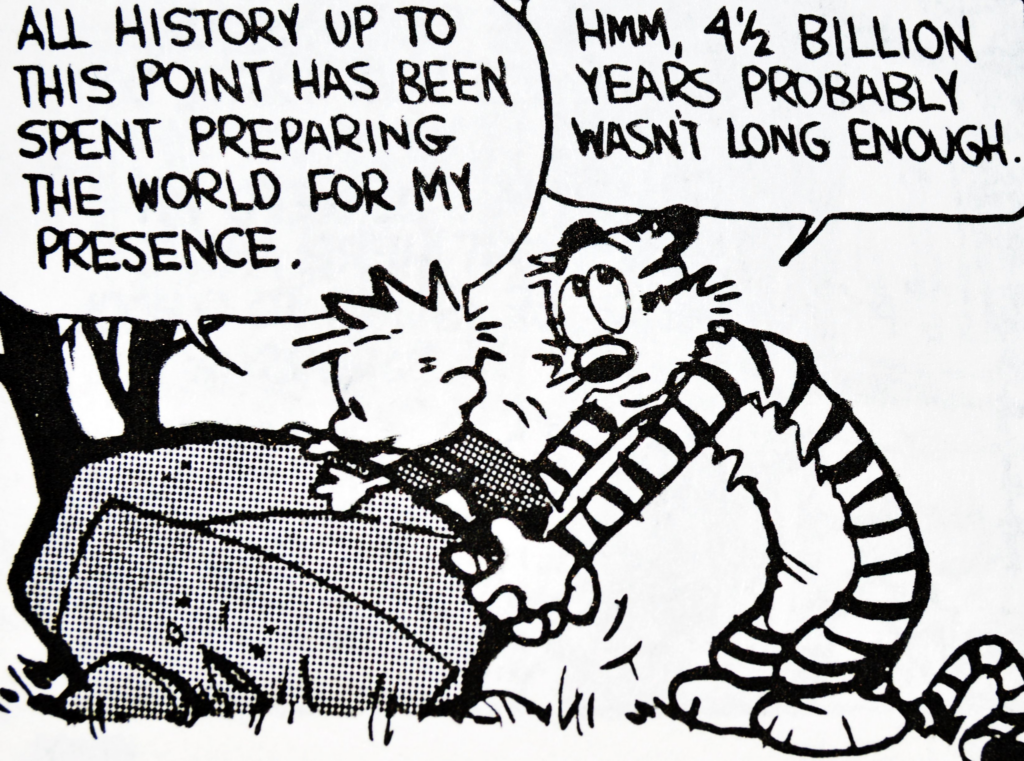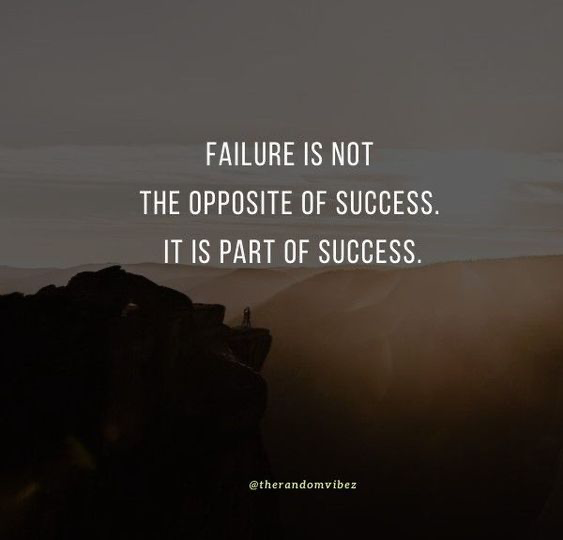
“True leaders privately address their subordinates’ mistakes with them, but take the blame publicly without dissent.
If someone slipped up, they pick them up, they don’t point the finger and pass the blame.”
Whenever I read about the woes of rugby league coaches being “moved on,” I am reminded of the delicate dance between blame and credit that comes with leadership.
When chairman Lee Hagipantelis arrived at Concord in his black Ferrari, it was clear that this wasn’t going to be just another day. Hagipantelis strode into the club’s demountable offices for a meeting with club chief executive Justin Pascoe and director of football Tim Sheens. Maguire was duly summoned and given the news that would not have come as a shock given the results and the headlines that have followed him and the club. ″He shook my hand very firmly,″ Sheens said. ″He took it like the man he is. He can coach, there’s no doubt about that. He has proven that. It’s just not the fit for us at the moment.″
A bad season as a top level coach can mean the end of a career. In the same way, bad HSC results can sometimes mean the end of a principal’s tenure.

We teach students that we sometimes learn best from making mistakes, but we also need to remind them that, sometimes, mistakes can have significant consequences.
I think schools have a key role in developing, not only the leadership aspirations of our students, but also the downsides of leadership that sometimes means taking the fall for things that happened, or didn’t happen.
Watch what happens after an election, and the “blame game” commences on the losing side. It can be ugly. Sometimes people need a scapegoat to feel better about something that has gone wrong. Sometimes that is the leader.
Scapegoat, (noun): A person who is blamed for the wrongdoings, mistakes, or faults of others, especially for reasons of expediency.
From this word, we have the word scapegoater, which means: scapegoater one that makes a scapegoat of something or somebody.
That can be a part of life in leadership.

Our students who seek to learn the lessons of leadership would do well to look to the people who survived major setbacks, only to come back even stronger. Examples include:
- James Dyson, Dyson Vacuum cleaners etc
- Theodor Seuss Geisel (Dr. Seuss), author
- J.K. Rowling, author
- Steve Jobs, Apple Inc
- Akio Morita, co-founder Sony
- Soichiro Honda, the motorcycle and car manufacturer
In a world where certainty often seems like a thing of the past, leadership is going to be a key factor in which societies, countries and companies survive and even thrive.
Sometimes those leaders with the belief that they were “born to rule” are found wanting when the going gets tough, the job is harder than they thought it would be and the world does not play according to the script they have written for themselves.

We often see this in students who have never been challenged as they glide through school, their success based on natural talent. Then, often in the senior years, they find that talent, without effort, is not enough and they “fold” in the face of setbacks or first failure.
It is possible that knowing the bitter taste of a defeat, a setback or a failure can make leaders more responsive, more thoughtful, more adaptable and therefore more successful.
It is also likely that those students who have had to face failure are more resilient and more likely to succeed in a world where the old rules of what is certain no longer exist.
We hope our students learn this so that their future and that of our society can be a little more optimistic.

Postscript:
After twenty years of operation, it is pleasing to hear the stories of our St Columba alumni, who have faced the challenges of the world and been successful. While our examination results are pleasing, their stories are the real measure of St Columba’s success.

Want to share your thoughts on this story, or do you have something you’d like to add? Email me at principal@scas.nsw.edu.au

